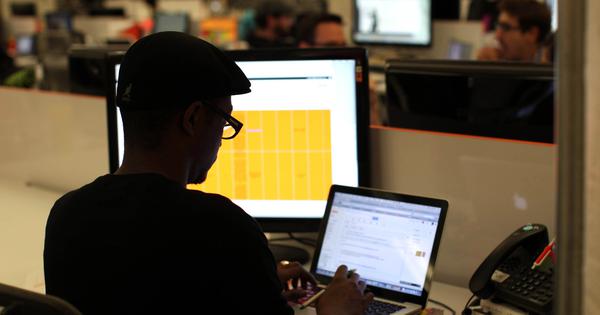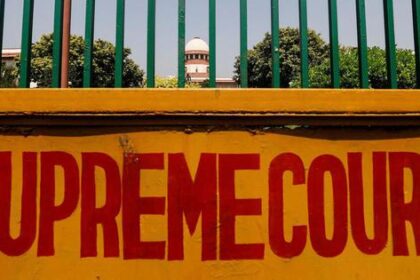India expresses worry about the humanitarian implications of increased H-1B visa costs for families and the tech sector.
The Ministry of External Affairs in India has expressed serious concerns regarding the recent order by the Donald Trump administration, which imposes a $100,000 fee for each H-1B visa application. This fee is expected to have humanitarian consequences, particularly by disrupting families dependent on these visas. The H-1B visa program allows U.S. companies to temporarily hire foreign workers for specialized roles, and over the years, a significant number of these visa holders have been from India.
The ministry noted that it has been monitoring reports related to the proposed restrictions on the H-1B visa program and is conducting a thorough assessment of the full implications. Indian industry stakeholders have already begun analyzing the situation and clarifying some perceptions regarding the H-1B program. The ministry hopes that any resulting disruptions can be appropriately addressed by U.S. authorities.
Signed by President Trump, the order will take effect shortly and is set to remain in place for a year. Commerce Secretary Howard Lutnick clarified that the fee is an annual charge, which significantly raises the costs for companies applying for H-1B visas. Currently, businesses pay a fee of $215 to enter the H-1B visa lottery, alongside various other filing fees. Annually, approximately 85,000 new H-1B visas are issued, with Indians accounting for the majority. In the financial year 2022-2023, Indians comprised 72.3% of all H-1B visa holders in the United States.
The Indian government emphasized the importance of skilled talent mobility and exchanges, highlighting their contributions to technology development, innovation, economic growth, and competitiveness in both nations. As such, the ministry urged policymakers to consider the mutual benefits arising from strong people-to-people ties between India and the United States when evaluating recent policy changes.
Reactions to the Trump administration’s decision suggest a potential setback for the U.S. technology sector, which heavily relies on foreign talent, particularly from India and China. The administration has previously criticized the H-1B visa program, with Trump himself labeling it as ‘terrible’ during his first term. He had tightened regulations around the program, citing issues of abuse and economic strain on American workers, arguing that it allowed companies to replace them with lower-paid foreign employees.
Since the beginning of his second term in January, Trump has introduced several measures aimed at tightening immigration controls. This includes a review of over 55 million individuals holding valid visas for any potential violations that could lead to deportation, along with imposing additional security measures on foreign students seeking admission to American educational institutions. Furthermore, there are proposed changes to limit the duration of visas for students and journalists, indicating a broader crackdown on immigration policies.








